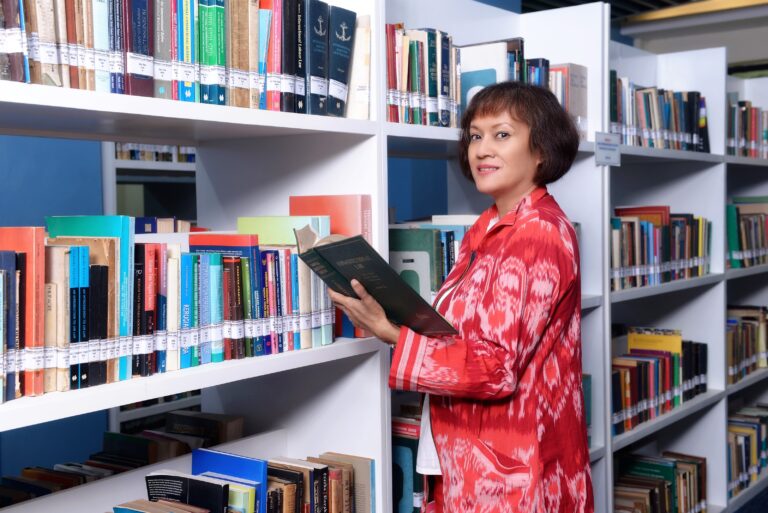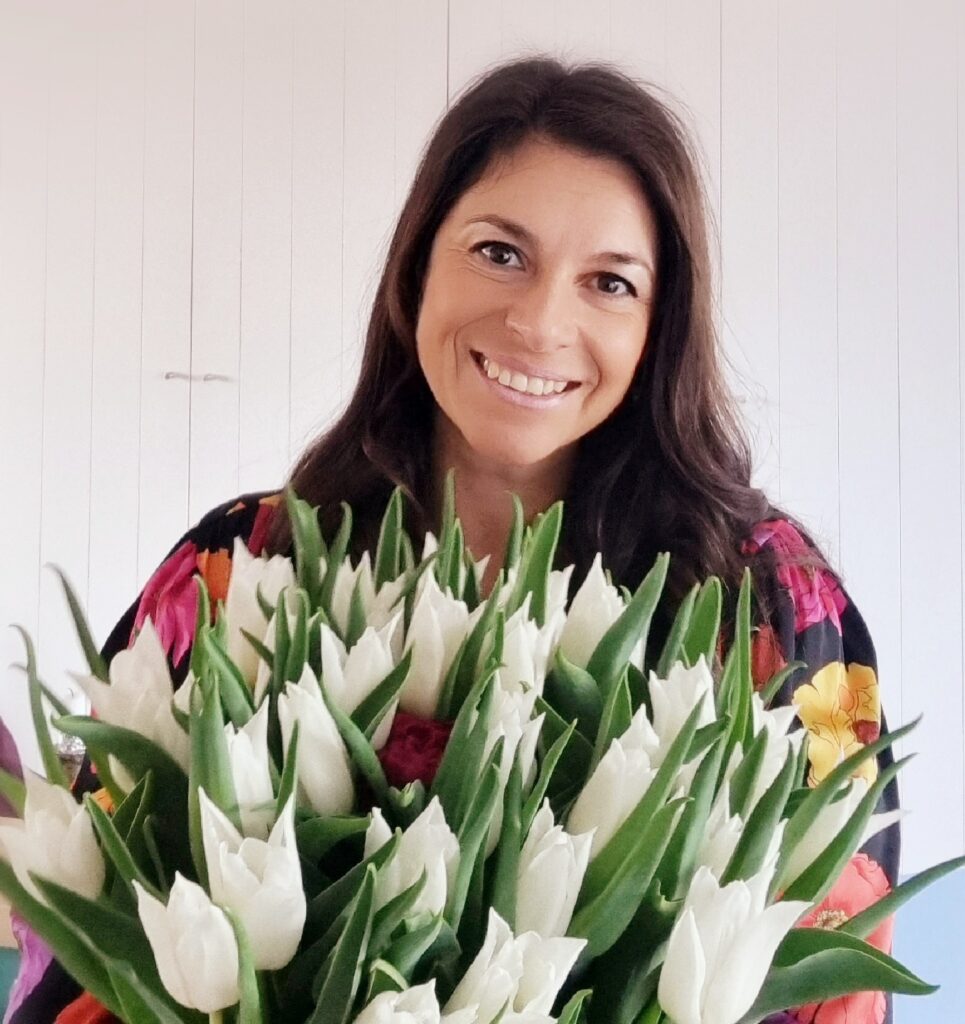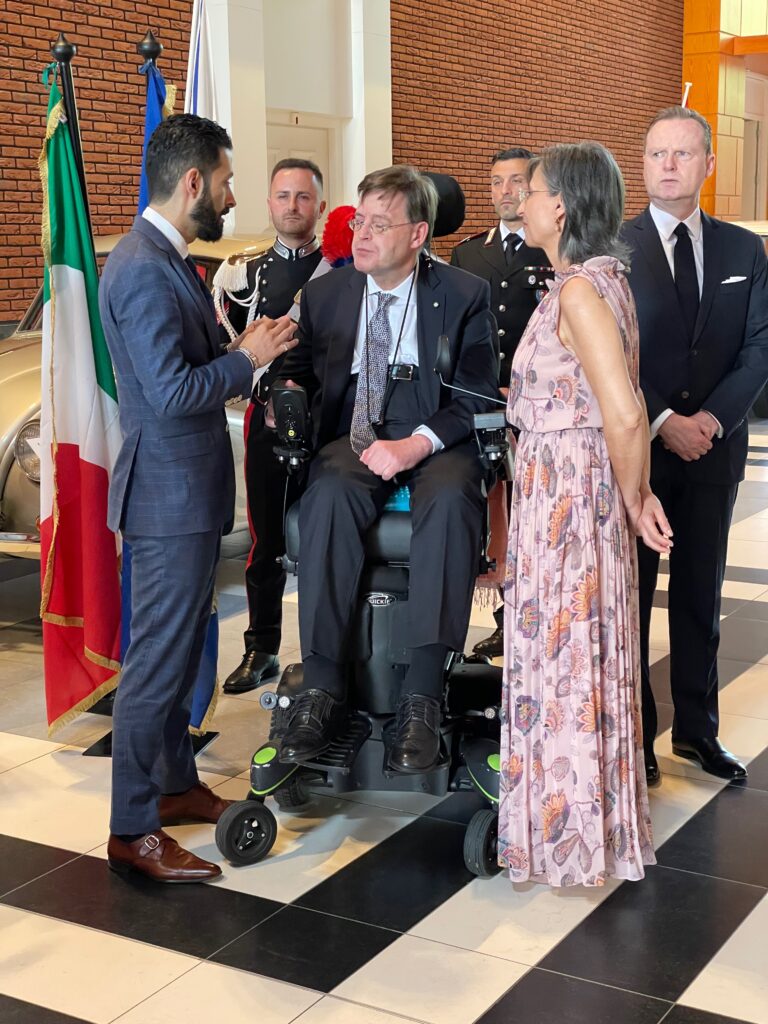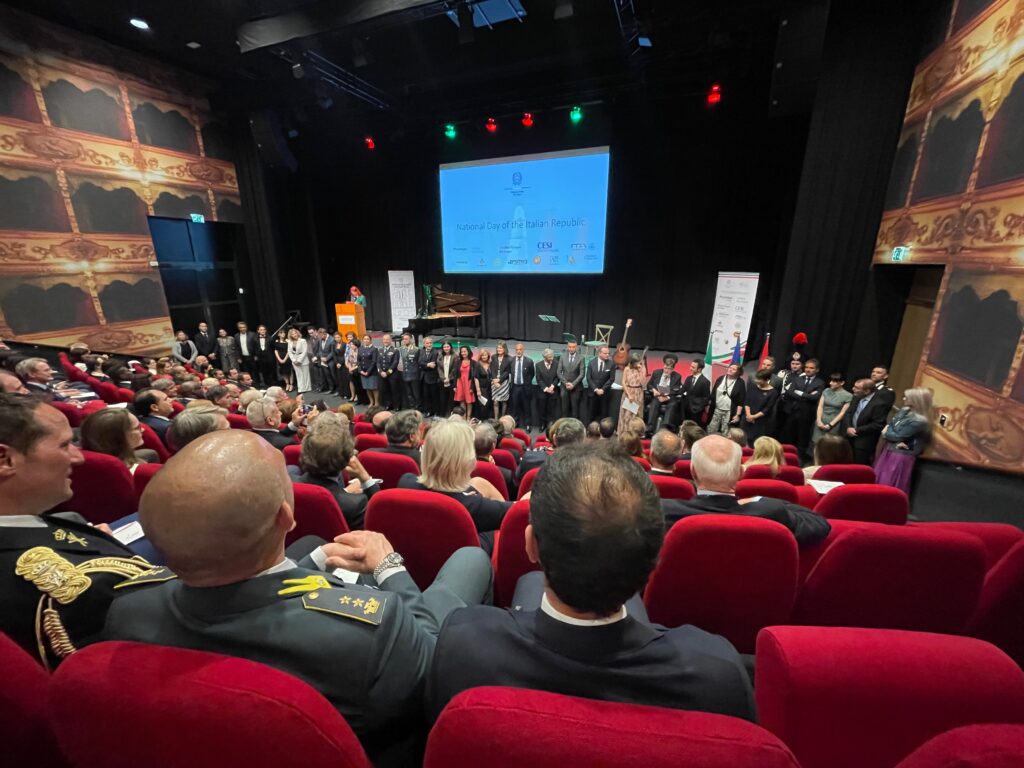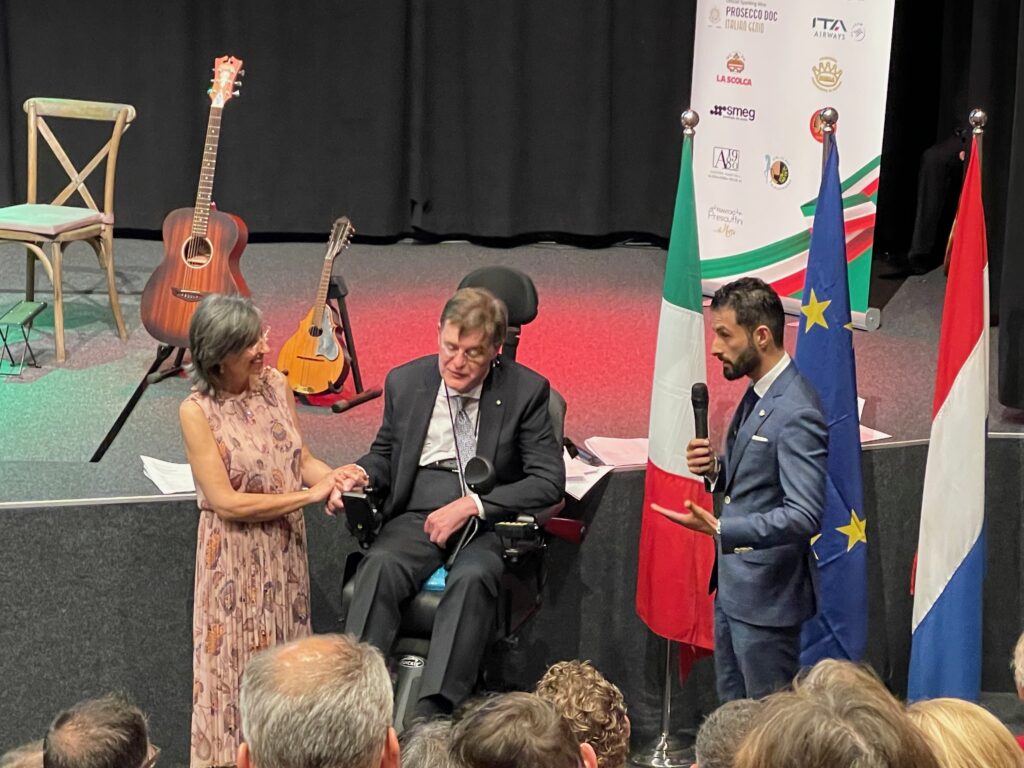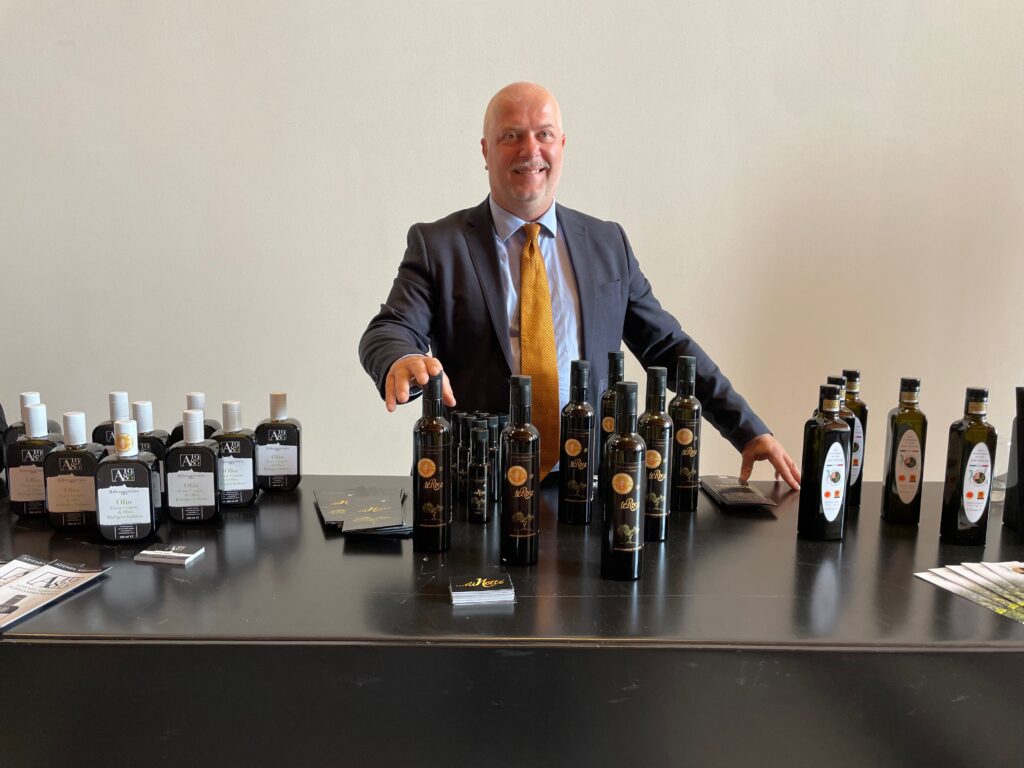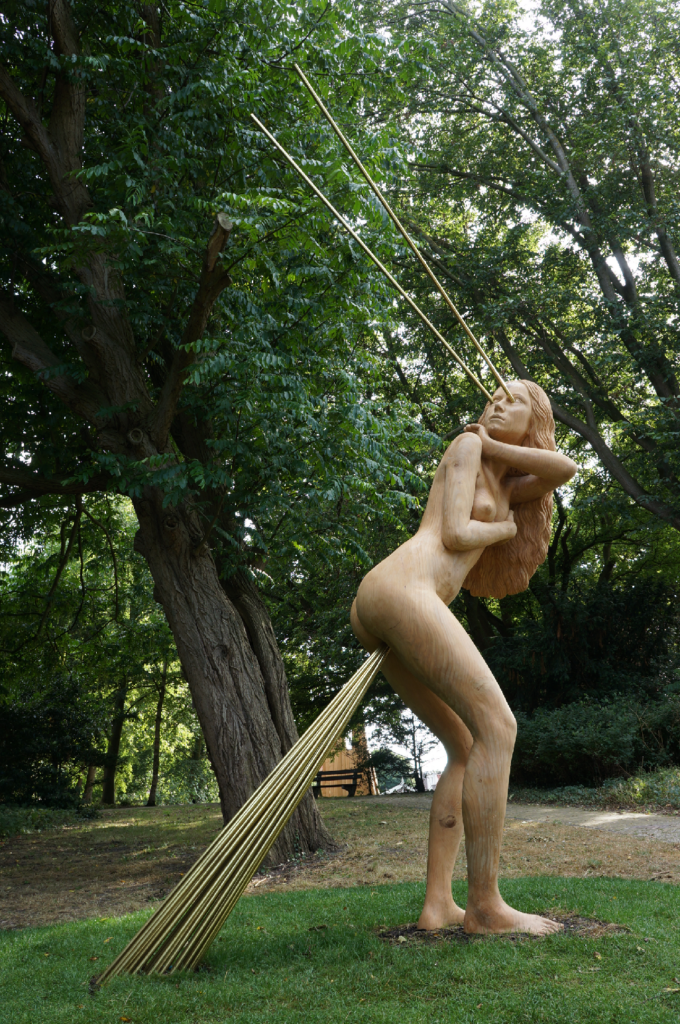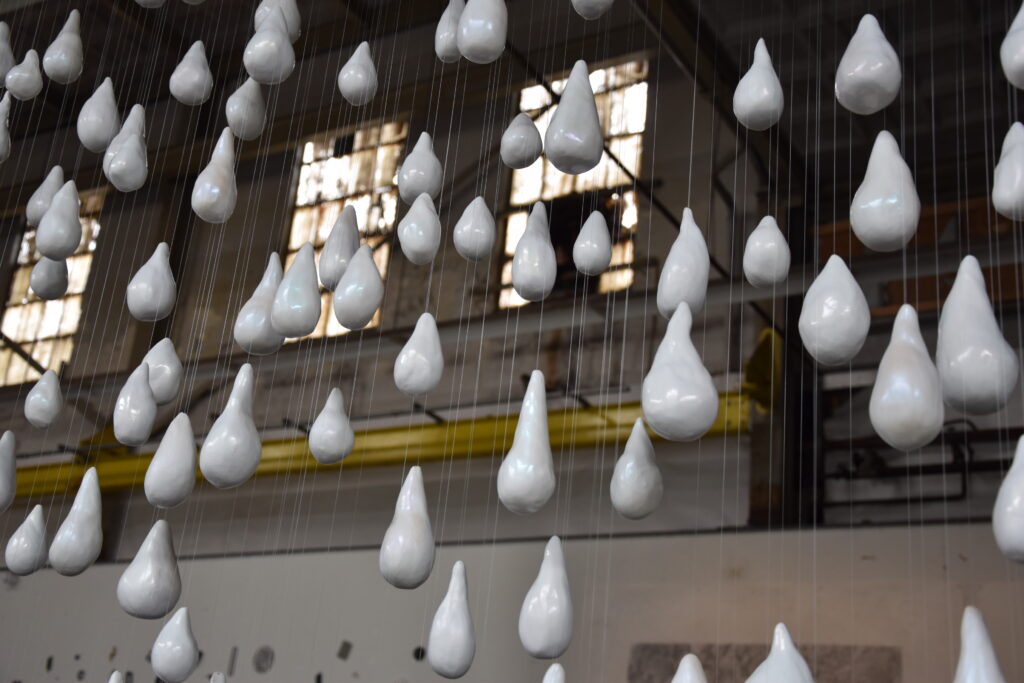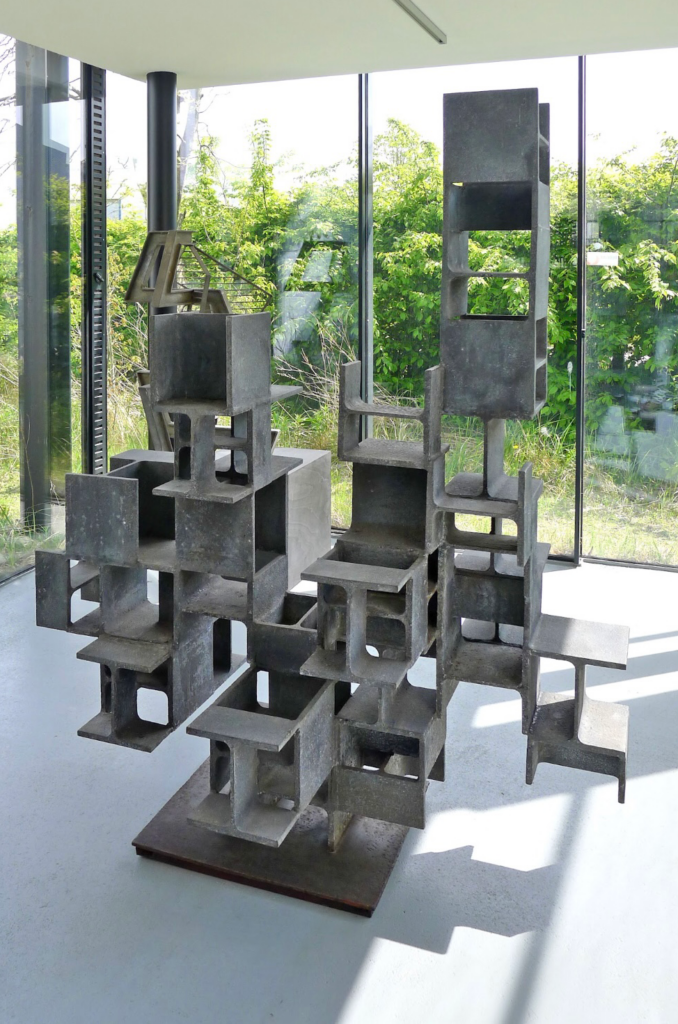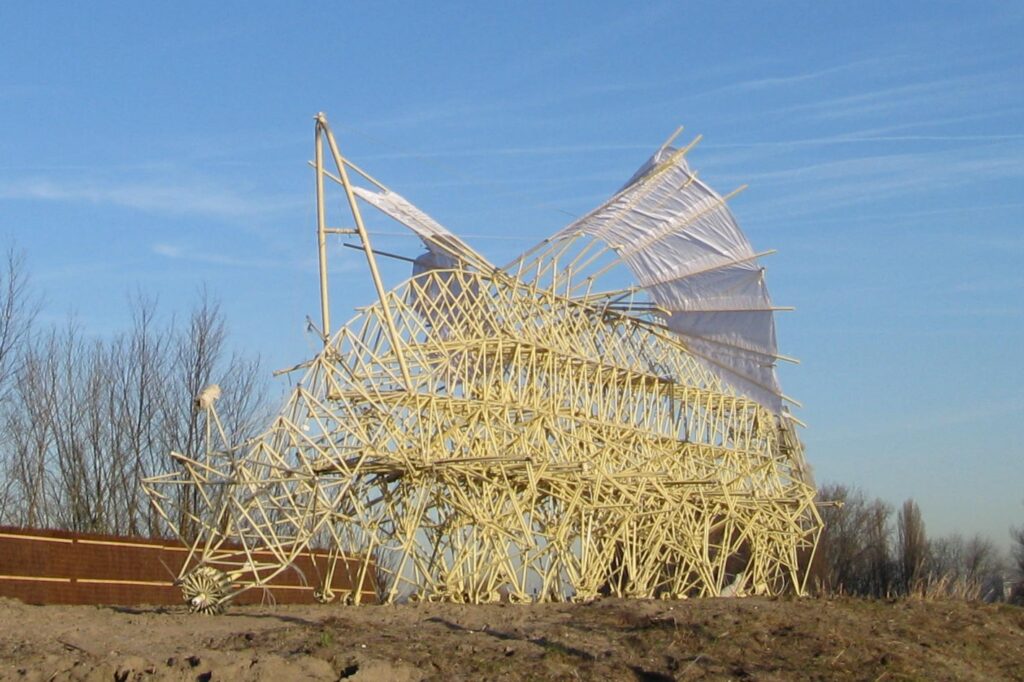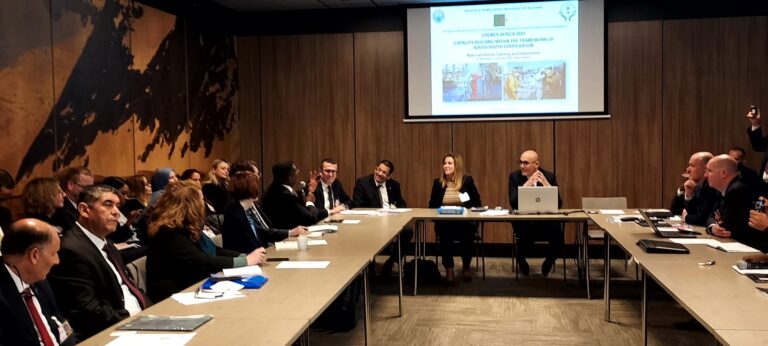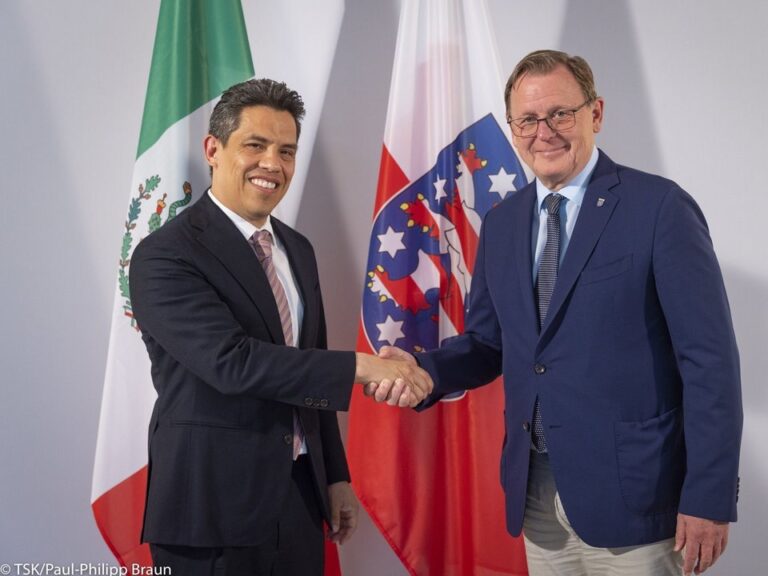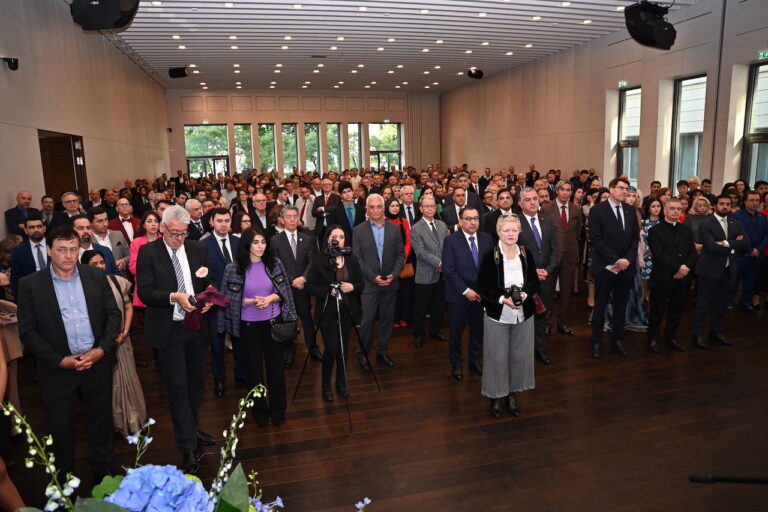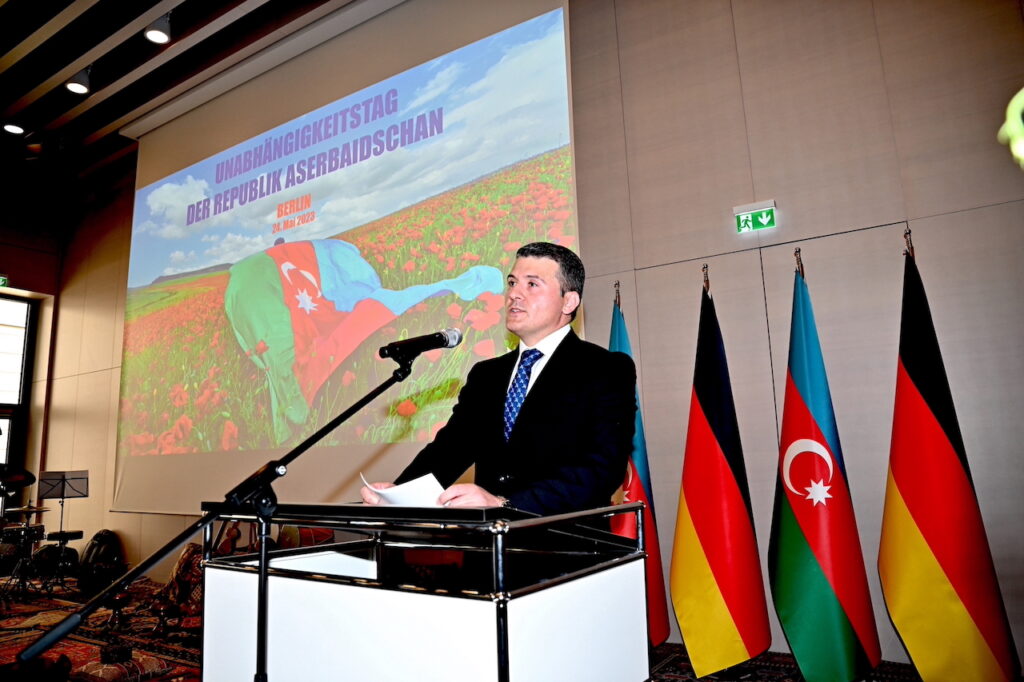By Alexandra Paucescu
Lona Hutapea Tanasale is a warm, smart and accomplished Indonesian woman, who mastered the art of reinvention and understood from the very beginning the need of continuous education, while traveling the world with her diplomat husband.
I must confess that this was one of the easiest interviews that I have conducted so far, in the three years that I have been presenting diplomatic life stories to you. I had barely anything to edit or rephrase. Her words were so clear and perfectly put together.
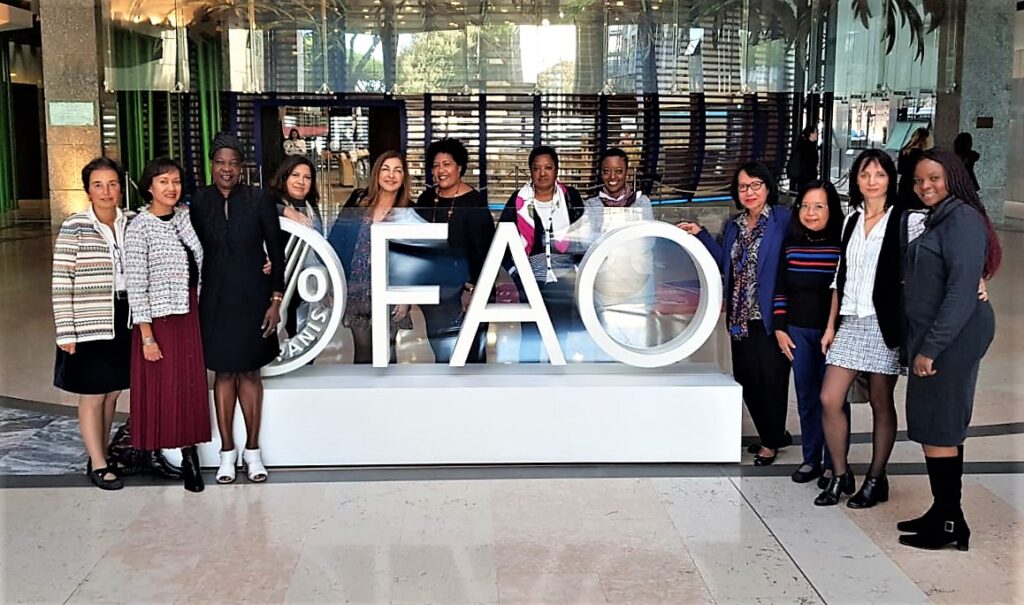
So, please enjoy Lona’s story, in her own words.
‘I was born in Ambon, the capital of Moluccas, the “one-thousand-island province”. Small as it is, Moluccas had its own place in world history, being “the spice islands” that attracted Europeans, for its clove and nutmeg, back in the 16th century. Things were very different back then during my childhood. Our small town had only one bookstore; we practically didn’t have access to information. I owe my dream of seeing the world to my father, who brought all kinds of books home, every time he travelled. Those books were literally my window to the world.
I left to pursue the undergraduate and master degrees in Agricultural Economics in Bogor, a neighboring city of Jakarta. Right after I graduated I started working at several companies – mostly in retailing, sales and marketing – where I met my husband, Charles Hutapea, before he joined Indonesia’s foreign diplomatic service.
Charles’ first diplomatic assignment was in Osaka. Our apartment in Shukugawa was just across the Sakura Garden where people came for hanami, enjoying sakura’s full bloom in spring time. Life was relatively easy. The Japanese people were friendly and helpful; we had many local friends who loved Indonesian culture and eagerly participated in our cultural events.
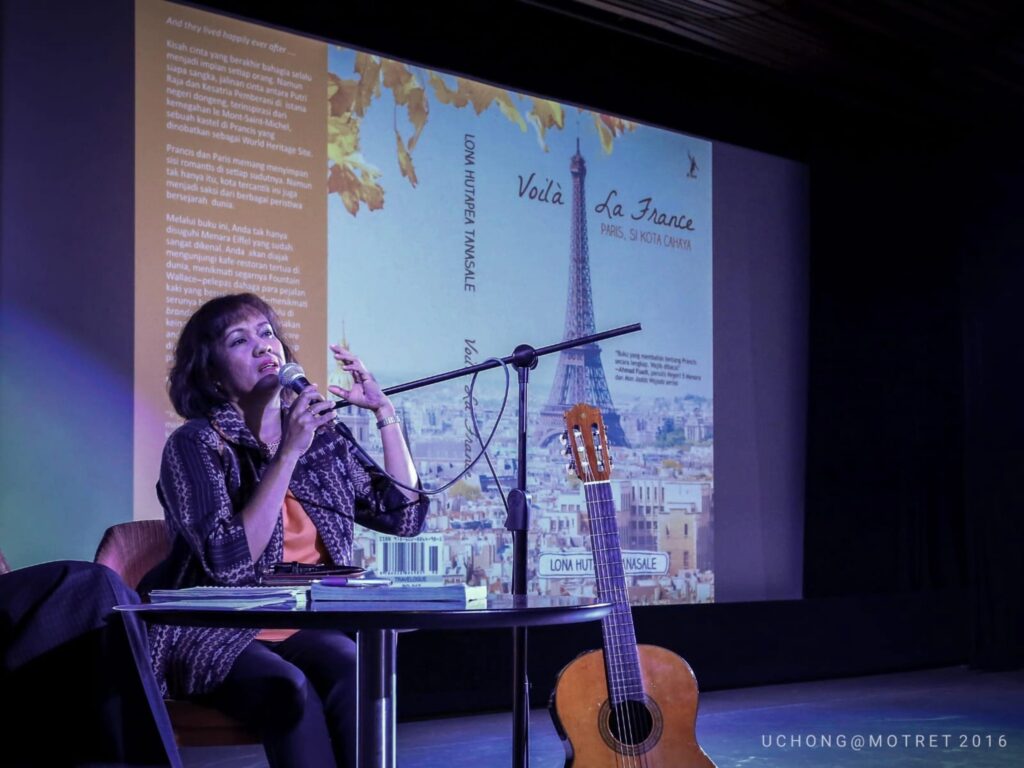
While there attended Japanese language classes, got the Nihongo Nouryoku Shiken certificates and participated in Japanese-English Bilingual Speech Contest. I also did a series of presentation on Indonesia at local schools and associations.
Our second posting in Paris was a completely different story. Living among Parisians with their unique character, it was the first time I’d ever experienced culture shock. I was already anxious the moment my husband announced this assignment, scared of having to learn the language I’ve always thought to be the most difficult on earth, and a little intimidated by the stereotypes. On the other hand, this “cité de la lumière” had so much to offer. With so many new things to learn, I felt the need for a cathartic release. That was when writing came to the rescue. I started to write about the real daily life, the experiences of living as a resident, compared to merely a tourist’s perspective.
One thing leads to another. From submitting articles to social blogs, I ended up writing my first memoire, “Paris – C’est Ma Vie”, launched only a few months before going back home.
My second memoire, “Voilà La France”, was published in April 2015. I was so honored with the opportunity to have a book discussion held at Institut Français d’Indonésie in Jakarta.
At the same time, publishing my two books made me realize how colorful the lives of diplomatic families really are. There are many life stories to be discovered. I tried to invite fellow spouses to write together. Seven of us were finally able to publish “Behind the Gates”, an anthology of diplomatic spouses’ tales. The anthology, endorsed by our Foreign Affairs’ Minister, was launched in June 2016.
During our home posting, I joined the Board of the Foreign Ministry’s Spouses Association in Indonesia (DWP). I was one of the editors, overseeing the quarterly-published magazine, editing the articles we received and supervising the process up to the publication.

Our third posting in Rome was another particular chapter. I was more involved with the diplomatic spouses’ associations this time (“Insieme a Roma”, part of ACDMAE, and UNWG at FAO). I joined the Board of the UNWG as Newsletter Editor for almost two years. I also became the Chairman of DWP at the Indonesian Embassy, during our final year in Rome.
Another important highlight for me was the opportunity to attend two summer courses at Sapienza University (“Women, Peace and Security” (UNSCR 1325) and “Religions & Peaceful Coexistence”). I intended to apply for a PhD at first, but with so much going on, it just wasn’t possible yet.
I would say that each posting was special to me in its own way. It’s like you can never pick a favorite among your own children. Overall, Osaka served as a nice ‘take-off’ for our family’s diplomatic journey. Paris got me writing, which opened the door to a lot more possibilities. And Rome rekindled in me a long dormant dream of going back to school.
We left Rome just as the pandemic started to take its toll. This time our two children stayed behind in Paris and Rome, to continue their studies, leaving us with an empty nest. So I finally had the time to continue my education. In February 2021 I managed to sign up for a doctoral program in International Relations at Universitas Padjadjaran, Bandung. Apparently both the pandemic and the long struggle as a trailing spouse had their blessings in disguise. I decided to write a dissertation about the role of diplomatic spouses in Indonesia’s diplomacy, a little discussed topic.
I also got the chance to rejoin DWP’s Board, as one of the editors of the magazine. Furthermore, the previous anthology writers regrouped and launched another initiative. One of us was a presenter at a video-radio platform, so during the pandemic we started a talk show program via Zoom and YouTube channel, covering various topics related to diplo spouses’ contribution to diplomacy.
After browsing hundreds of articles for my research, I can confirm two facts: firstly, the role of diplomatic spouse is a completely under acknowledged one. However, the limited available resources related to it recognize their significant role, directly influencing diplomats’ performance, and potentially having indirect impact on the mission.
Diplomatic spouses are usually seen in terms of their informal, domestic role within the private sphere, as the backbone of the family, especially during the adjustment process in a new place. On the other hand, the role in public sphere as diplomatic actors is still rarely mentioned, due to the ambiguity of the status. In reality, the spouses’ contribution should not be taken for granted.
On a practical level, there may be differences on diplomatic practices between countries. For example, in Indonesia, spouses are encouraged to fully participate based on the principle of “total diplomacy”. Through the years diplomatic spouses have played a significant role as front liners in supporting Indonesia’s soft power diplomacy.
One of the concepts in International Relations that caught my attention was Constructivism, which basically sees the world as socially constructed: “reality is always under construction”. According to the constructivists, structures do constrain agents; however agents can also transform structures by acting on them in new ways.
Based on the quote by Alexander Wendt, the pioneer of Constructivism: “Anarchy is what the states make of it”, I’d like to say: “Empowerment is what the spouses make of it”. The ambiguity of the diplomatic spouse status, the obstacles from continuous moving life cycles, or the stagnant career, are structural problems faced by spouses, nonetheless how one responds to it depends mostly (if not entirely) on one’s own agency.
I believe the majority of diplo spouses are capable agents despite all the odds of diplomatic life’s structure. There are many brilliant examples we can refer to, the spouses that have passed with flying colors, victoriously turning the challenges into opportunities. They have been successfully absorbing various new skill and knowledge attained during foreign assignments and transferring them into favorable outcomes.
Definitely the “what doesn’t kill you makes you stronger” or “when life throws rocks at you, build a castle” kind of resilience helps to thrive anywhere in life.’
What more to add?… than just to thank Lona for this wonderful life story which still has many more interesting pages to write.
About the author:
Alexandra Paucescu- Author of “Just a Diplomatic Spouse” Romanian, management graduate with a Master in business, cultural diplomacy and international relations studies.
She speaks Romanian, English, French, German and Italian, gives lectures on intercultural communication and is an active NGO volunteer.

